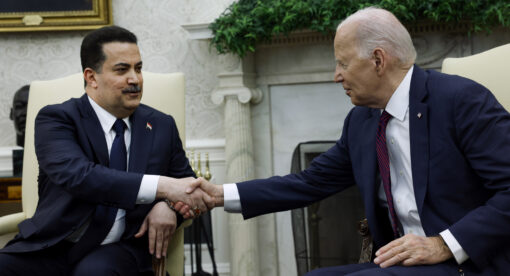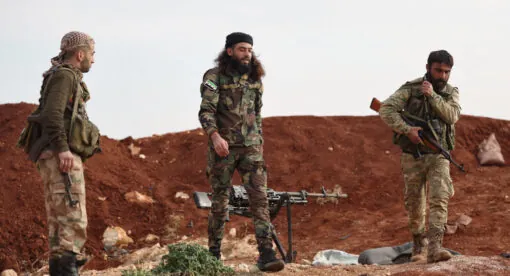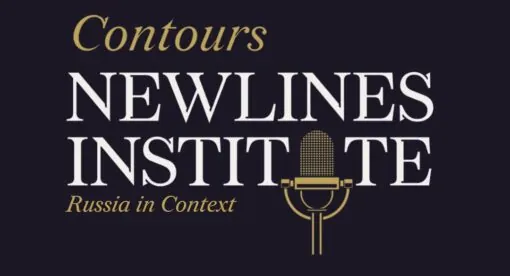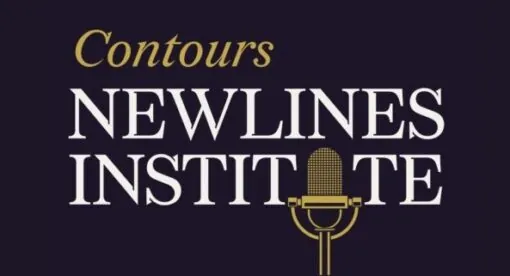Executive Summary:
Al Qaeda and ISIS affiliates have been steadily increasing attacks in the Sahel sub-region of West Africa since 2019. Al Qaeda affiliate Jama’at Nasr al-Islam wal Muslimin (JNIM) is extending its control into coastal West Africa, with attacks already breaching the northern borders of Benin, Togo, Ghana, and Côte d’Ivoire. JNIM’s nonlethal and low-lethal activity against civilians, especially extending from hot zones, represents an intentional operations strategy that explicitly requires nonlethal prevention measures.
The operational environment for al Qaeda and ISIS affiliates in Africa differs from that of the Middle East, largely because of different issues of identity and cultural and traditional conflicts. The local realities of the Sahel and of the terrorism problem in the region require a Priority Sustainable Counterterrorism solution.
Key Takeaways
- JNIM’s strategy in the Sahel intentionally limits fatalities among civilians and key community figures in order to prevent the local backlash often caused by large numbers of civilian deaths.
- France, Russian paramilitary group Wagner, and West African political leaders have prioritized kinetic, or predominantly military, counterterrorism responses. This type of action can create resentment, especially when its execution is heavy-handed or focused on particular ethnicities.
- Priority Sustainable Counterterrorism would involve enacting an academic, practitioner, and policymaker agreement, taking into account local and situational nuance, that supports engaging in more sustainable and less reactive counterterrorism efforts. This strategy largely does not involve force and intentionally mitigates the backlash often inspired by primarily kinetic security approaches.
- Civil society organizations (CSOs) can and want to help. These institutions can be valuable partners in Priority Sustainable Counterterrorism but need more support at the state, national, regional, and international levels.
Policy Recommendations
- Communities peripheral to terrorism hot zones can be made more resilient with stronger and broader partnering with local CSOs, especially in the areas of youth, women, capacity building, and peacebuilding.
- Priority Sustainable Counterterrorism efforts in coastal West Africa will have to pursue both top-down and bottom-up strategies. The Sahel Alliance (which the U.S. is partner to) and the newer Coalition for the Sahel should broaden local engagements and expand partnerships to support a larger number of smaller, less-supported CSOs, especially those located in more rural and border areas. The U.S. State Department’s Office of the Special Envoy for the Sahel Region of Africa has the access and mission set that could be leveraged, if adequately supported, toward this end.
- The U.S., United Nations, and partners should each take internal stock of all development and security efforts in West Africa. This is cost-effective as it can greatly amplify the resources and access needed to address issues and cover geography in a timelier manner. The U.N. Integrated Strategy for the Sahel is an example of a strategy whose impact could be multiplied if better integrated with more departments across the U.N. that are working on development and security in the region.







